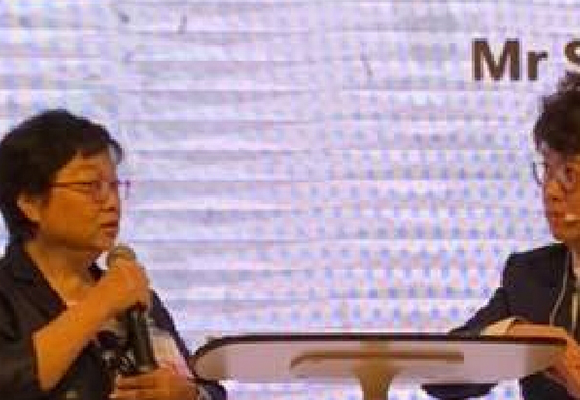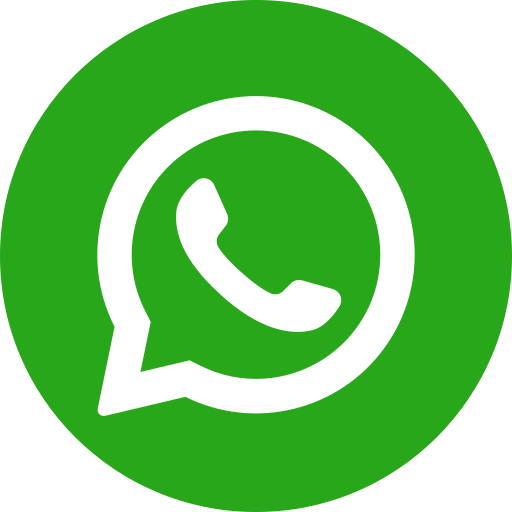Ready For School…but Ready To Learn?
As another school year rolls around I often wonder how many children come to school ready to LEARN?
Most children are up to date on new school clothes, new backpacks and supplies, and physical check-ups. Many do not have one of the most essential needs covered…a comprehensive eye examination from an eye care practitioner?
This is one of the most important “to-dos” and yet one that is often overlooked.
Many children have vision problems that remain un-diagnosed, and are often misdiagnosed as a learning disorder, ADHD, avoidance of work, or even behavior problems.
The idea that children need to be ready to learn—visually—is beginning to catch the attention of legislators.
Kentucky, Missouri, and Illinois have laws requiring mandatory eye examinations for children prior to entering school, and a federal bill has been introduced in the Senate.
Consider that 80% of what your child’s brain processes comes through their primary sense…vision.
Vision is a lot more than seeing 20/20. For example, vision involves eye muscles working together and holding a focus at near, a lot like a fine motor task. Children with low muscle tone often have Convergence Insufficiency. This is a condition where the eyes don’t want to point together when looking at near like on the computer, reading, school work, or doing homework. Over 57% of school age children have a vision disorder, many undiagnosed because they have never had a comprehensive vision exam from an eye doctor. This is a condition missed by screenings. While vision screenings can uncover some severe vision problems, they can miss more than they find. This is a major concern about vision screening programs. Current vision screening methods cannot be relied upon to effectively identify individuals in need of vision care. In some cases, vision screening may actually serve as an unnecessary barrier to an early diagnosis of vision problems. They can create a false sense of security for those individuals who “pass” the screening, but who actually have a vision problem, thereby delaying further examination and treatment. Many vision screenings test only for distance visual acuity. While the ability to see clearly in the distance is important, it does not give any indication of how well the eyes focus up close, or work together. It also does not give any information about the health of the eyes. Often times a vision screening is conducted by administrative personnel or volunteers who have little training.
While well intentioned, these individuals do not have the knowledge of an EYE CARE PRACTITIONER who spends 4-8 years studying just vision. There is often a misunderstanding about what passing a vision screening means. The information obtained from a vision screening can be compared to the information obtained from a blood pressure measurement. Because your blood pressure may be in normal range, it cannot indicate that you do not have other health problems. It provides a single measure of one aspect of your overall health. Just like a complete physical is needed to evaluate total health, only a comprehensive eye and vision examination can evaluate your overall eye health and vision status.
A comprehensive eye and vision examination can only be conducted by an optometrist or ophthalmologist, who has the training to screen and diagnose in eye structure and refraction. If your child has struggle from learning, learning disorder or special needs, make sure to see an eye care practitioner who has a fellowship in vision development (F.C.O.V.D.behind their Professional name), specialize in Functional, Vision information processing and Neuro-Vision Therapy.


